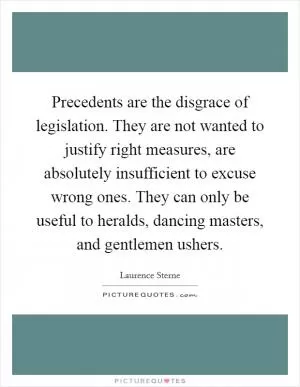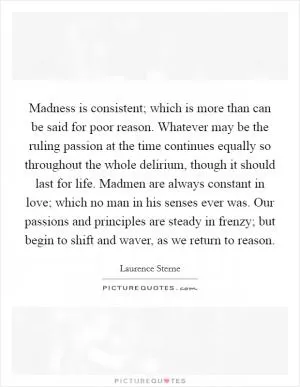We lose the right of complaining sometimes by forbearing it; but we often treble the force

We lose the right of complaining sometimes by forbearing it; but we often treble the force
In the context of Laurence Sterne, the quote "We lose the right of complaining sometimes by forbearing it; but we often treble the force" holds a significant meaning. Sterne, a renowned English novelist and clergyman, is best known for his novel "The Life and Opinions of Tristram Shandy, Gentleman," which is characterized by its experimental narrative style and satirical tone. Throughout his works, Sterne often explores the complexities of human nature and the ways in which individuals navigate their emotions and relationships.The quote speaks to the idea that by choosing to remain silent and forbear from complaining, we may inadvertently lose the opportunity to address our grievances and seek resolution. In doing so, we may also allow our frustrations and resentments to build up over time, ultimately leading to a more intense and explosive reaction when they are finally expressed. This idea is reflected in Sterne's writing, where characters often struggle with their inner turmoil and the consequences of suppressing their true feelings.












 Friendship Quotes
Friendship Quotes Love Quotes
Love Quotes Life Quotes
Life Quotes Funny Quotes
Funny Quotes Motivational Quotes
Motivational Quotes Inspirational Quotes
Inspirational Quotes